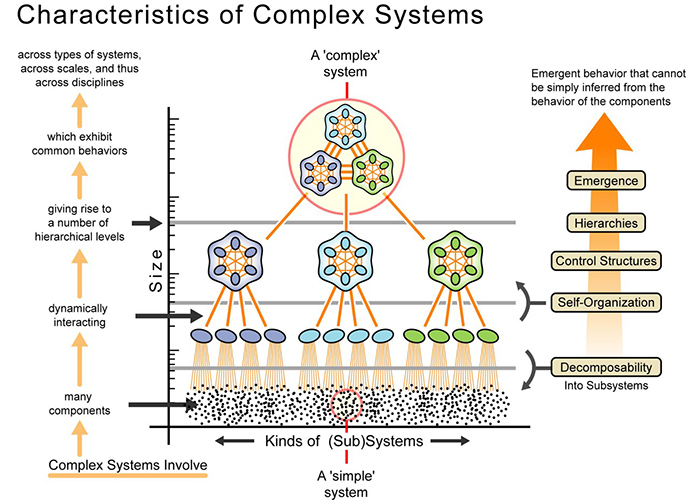The Heart as a Complex Adaptive System: Homeodynamic Regulatory Interactions
Abstract
There is mounting evidence that the heart is a system onto itself and that it is intimately intertwined with the nervous and endocrine system residing within its borders. The capacity of self-organized systems to adapt is embodied in the functional organization of the intrinsic control mechanisms. How these regulatory subsystems communicate and how uncoupling of the hierarchical organization results in loss of adaptive "fitness" remains a challenge in human biology. The principles by which "emergent properties" and functional order of a self-organizing system, such as the heart, achieve (homeo)dynamic stability provide a non-reductionist framework for understanding how biological system adapts to imposed internal and external stresses, e.g., ischemia, organ/tissue transplantation. In particular, the newly emergent dynamics of cardiac rhythm observed after the heart is transplanted may reflect a more stable, versatile and adaptive (as per "law of requisite variety") bipartite whole. The integrative action of the living organism cannot be gotten from their concatenated fractions but is evolved "relationally", i.e., it emanates from emergent internal requirements of the constitutive parts.

Complex Adaptive Systems (The Whole) The science of complex adaptive system is the most instructive way to understand the WORLD (of Medicine)...
Back to Top